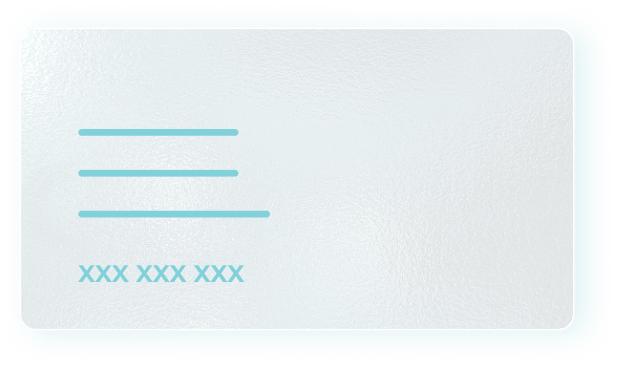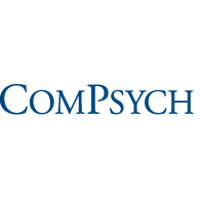
Along with individual therapy, family therapy, and medication management, group therapy can serve as an indispensable element of effective substance misuse and mental health treatment. Group therapy is a broad term for any type of therapy aimed at creating symptom reduction and recovery in two or more people.
Group therapy will have a trained leader conducting the session. Unlike family therapy, the members in group therapy will not usually have a pre-existing relationship outside of sessions.
Group therapy sessions can be conducted in varied therapeutic settings and levels of care, including hospital-based inpatient programs, residential programs, and outpatient recovery programs. For someone committed to ending their drug use and beginning a period of recovery, group therapy is an option that can be as effective as individual sessions.
What Is Group Therapy Used For?
Group therapy may be an instrumental part of your addiction treatment plan. As you proceed through treatment and recovery, you may find it helpful and/or necessary to access behavioral therapy to deal with anger, sadness, stress, or other emotions. Group therapy helps aid in the long-term recovery process by providing patients with the skills they need to prevent relapse.
Addiction treatment plans can include any number of services, including various kinds of therapy. Patients may benefit from one type of therapy over another; others may thrive in recovery utilizing a combination of addiction treatment methods. While individual therapy offers a one-on-one counseling environment, some may benefit more from group counseling services, and many benefit from utilizing both therapy types.
Individuals may find comfort in group therapy sessions, since they offer a more social aspect to drug and alcohol addiction treatment, allowing individuals to experience the recovery process of others and feel less alone in their journey to sobriety.






























